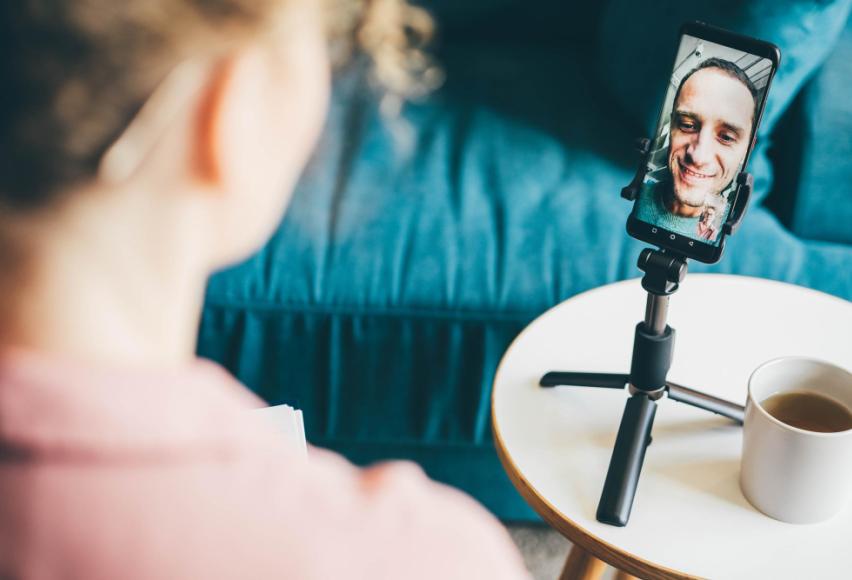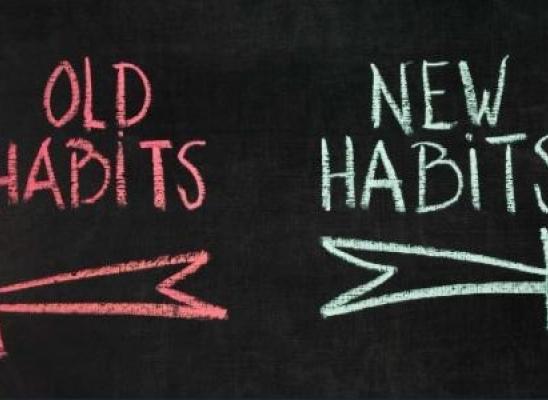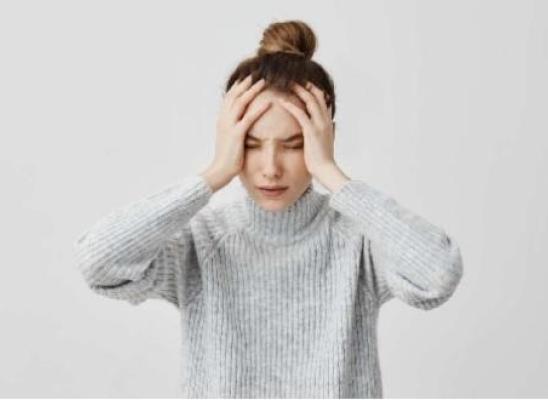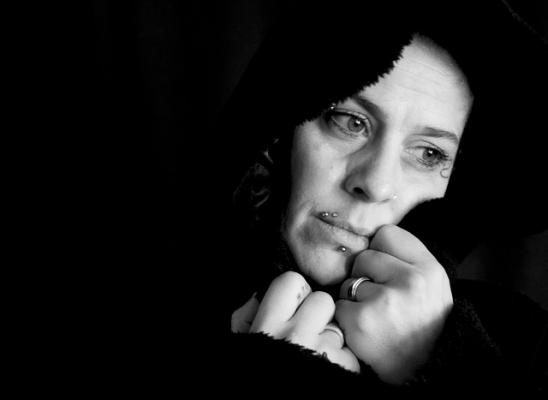mHealth - Where Tech and Patient Care Meet

Online test
Find out the severity of your symptoms with this free online test
Smartphone technology has given us access to the world in ways we never dreamed of. You can order food, shop for groceries, or go to work, or attend school. With the rise of telehealth, you can even see your healthcare provider. As more and more people come to rely on mobile technology, apps are now the dominant way of connecting. Just about anything you want to do, there’s probably an app for that!
One particular area that is rapidly emerging is Mobile Health (mHealth). It is becoming a driving force in the healthcare arena. The National Institutes of Health define mHealth as “the use of mobile and wireless devices (cell phones, tablets, etc.) to improve health outcomes, health care services, and health research.” Essentially, mHealth is a unique, consumer-driven type of telehealth that relies on the use of apps to manage healthcare.
Why mHealth?
The 1990’s healthcare arena saw a shift to patient-driven care, allowing the person to be much more involved in their healthcare delivery and decision making. This shift focuses care on the person as a whole and not just the ailment to be treated. As technology has improved, people are becoming much more informed and proactive in their healthcare. And, their healthcare providers welcome the shift.
Physicians were actually early adopters of technology to manage their practice. They were among the first to use electronic devices like pagers, hand-held devices (remember Palm Pilots?), specialized software, and electronic medical record systems. Today, much of healthcare is conducted electronically so app use is something quite familiar to healthcare providers.
Behavioral health has been somewhat slower to embrace mHealth but it’s catching up. Recent years have seen an increase in mobile self-help and therapy apps and platforms. A 2011 study found more than 200 mental health-related apps just on the Blackberry App site. Today, according to the American Psychological Association, app stores are home to more than 20,000 mental health apps. These apps include AI Chatbots, self-help apps and trackers, and apps for connecting with therapists. Some of these apps have millions of users. And, there’s an app for almost every mental health issue you can think of, from depression to smoking cessation, to sleep and relaxation, to anxiety and skin picking. Some apps are meant to be used as self-help while others, sometimes referred to as psych apps are meant to be used to complement or supplement ongoing therapy.
2020 saw a huge increase in the use of mobile apps for behavioral health needs. Partly due to the pandemic and its resulting restrictions to access, people have gone online to seek help for their mental health issues. Telehealth in all its forms quickly became the norm for getting help and the smartphone has become a pocket therapist.
Mental health apps are especially appealing to the tech generation who are quite comfortable with using tech as part of their daily lives. Mobile apps are a good choice for mental healthcare delivery compared to other platforms because they’re easy to use, engaging, and they provide quick feedback which is motivating.
The question is, “Does it help?” The answer seems to be yes.
What The Research Says
Today, about 80% of people seek mental health advice on the internet. A 2018 review of the mHealth literature found that apps can and do help people manage their symptoms for a variety of mental health disorders including depression, anxiety, and schizophrenia. In some cases, there was no loss of treatment efficacy using an app instead of in-person therapy.
Not every app is created equal and the 2018 review also identified the characteristics of an effective app:
- High engagement – in other words, it has to be appealing so you want to use it.
- Simple user interface – it has to be easy to use or you won’t use it. Think pictures, short sentences, and jargon-free.
- Transdiagnostic – mental health disorders are often co-occurring. Apps that can address more than a single issue can reduce the need for multiple apps which can decrease engagement.
- Self-monitoring features – Being able to self-monitor by periodically reporting thoughts, feelings, and behaviors can increase emotional self-awareness (ESA). Increasing ESA, has been shown to reduce symptoms of mental illness and improve coping skills.
So, apps seem to be helpful as a tool in managing mental health issues. But what about BFRBs like skin picking? Well, there’s an app for that too!
mHealth for Skin Picking
If you live with skin picking, there’s an app to help you manage your disorder. The SkinPick Self-Monitoring App was designed to help people with skin picking disorder track and manage their picking behaviors. It’s a free download from the Apple App Store or Google Play. And, it’s ad-free.
The app is easy to set up and use. As you use the app, you will gain insight into your picking behaviors so that you can identify the coping strategies that work best for you. If you’re in therapy, the SkinPick app can enhance your therapy process.
Here are some tips to get the most out of your SkinPick app:
- Each time you experience an urge/episode, grab your phone and add an entry. You can also customize reminders to use the app, or add entries retroactively (for example, you can use the App once a day before you go to bed, documenting your behavior for the past day).
- After using the App for a while, you will have gathered enough data to start seeing patterns in your behavior: whether you pick at specific times of day, due to certain circumstances, etc. Conveniently organized data visualized with graphs and charts makes detecting picking patterns easy.
- If you’re in therapy, chances are your therapist asked you to keep a picking log. The SkinPick app makes it easy and intuitive. Plus, you can share the data with your therapist with the “send report” feature.
One concern people often have is privacy. What you enter into the app is private. Your data is kept on your phone and is not shared with anyone. You can add additional security by adding a password so that only you can open the App on your phone.
While therapeutic, the SkinPick app alone isn’t therapy and can’t replace therapy with a mental health clinician. It is an easy-to-use, engaging, and helpful tool in managing skin picking. It’s a great addition to your treatment and lets you gather the information you need to make informed treatment decisions. Download it and give it a try.
References
1. National Institutes of Health. (n.d.). PAR-14-028: Mobile health: Technology and outcomes in low and middle-income countries (R21). Retrieved from https://grants.nih.gov/grants/guide/pa-files/PAR-14-028.html
2. Hilty, D. M., Chan, S., Hwang, T., Wong, A., & Bauer, A. M. (2017). Advances in mobile mental health: Opportunities and implications for the spectrum of E-mEntal health services. mHealth, 3, 34-34. doi:10.21037/mhealth.2017.06.02
3. Luxton, D. D., McCann, R. A., Bush, N. E., Mishkind, M. C., & Reger, G. M. (2011). MHealth for mental health: Integrating smartphone technology in behavioral healthcare. Professional Psychology: Research and Practice, 42(6), 505-512. doi:10.1037/a0024485
4. Pappas, S. (2020, January 1). Providing care in innovative ways. Retrieved from https://www.apa.org/monitor/2020/01/cover-trends-innovative-ways
5. Chapple, C. (2020, May 28). Downloads of top English-language mental wellness apps surged by 2 million in April amid the COVID-19 pandemic. Retrieved from https://sensortower.com/blog/top-mental-wellness-apps-april-2020-downloads
6. East, M. L., & Havard, B. C. (2015). Mental Health Mobile Apps: From Infusion to Diffusion in the Mental Health Social System. JMIR mental health, 2(1), e10. https://doi.org/10.2196/mental.3954
7. Chandrashekar P. (2018). Do mental health mobile apps work: evidence and recommendations for designing high-efficacy mental health mobile apps. mHealth, 4, 6. https://doi.org/10.21037/mhealth.2018.03.02
Online test
Find out the severity of your symptoms with this free online test
Start your journey with SkinPick
Take control of your life and find freedom from skin picking through professional therapy and evidence-based behavioral techniques.
Start Now



